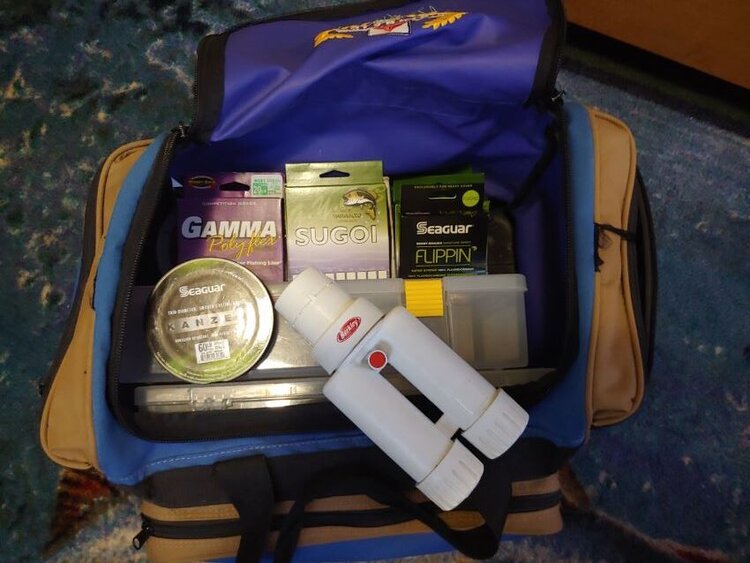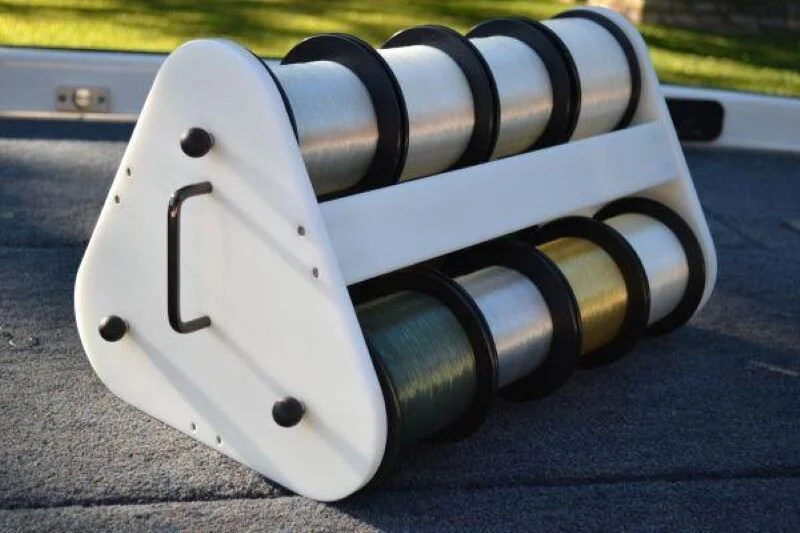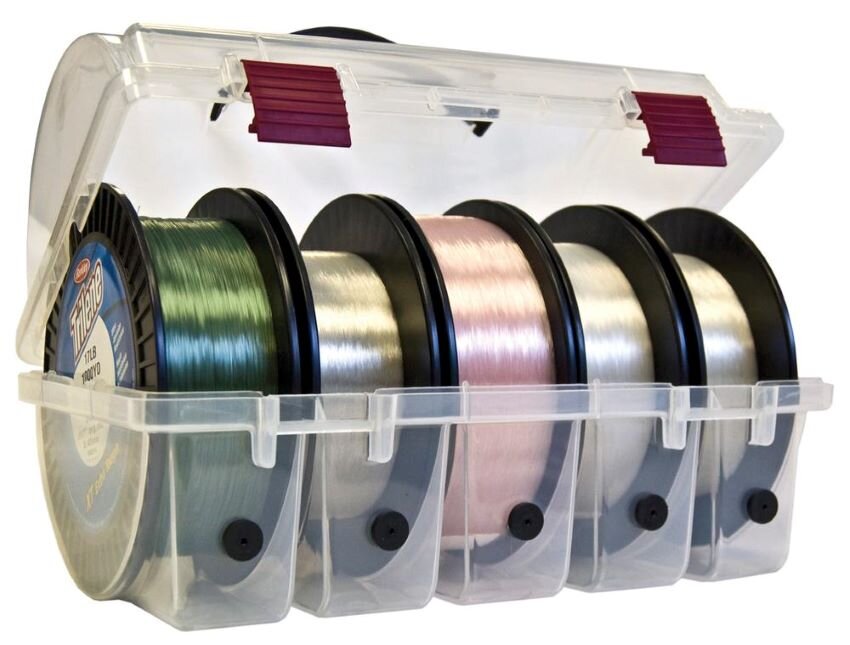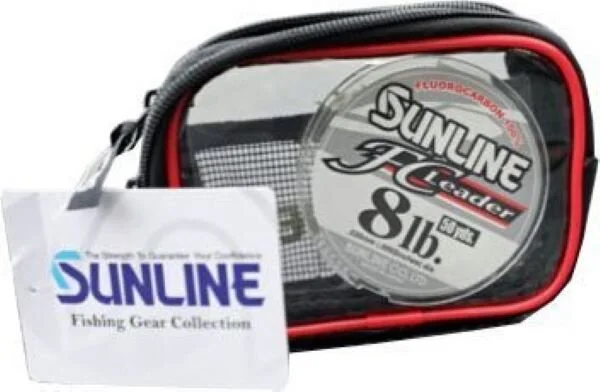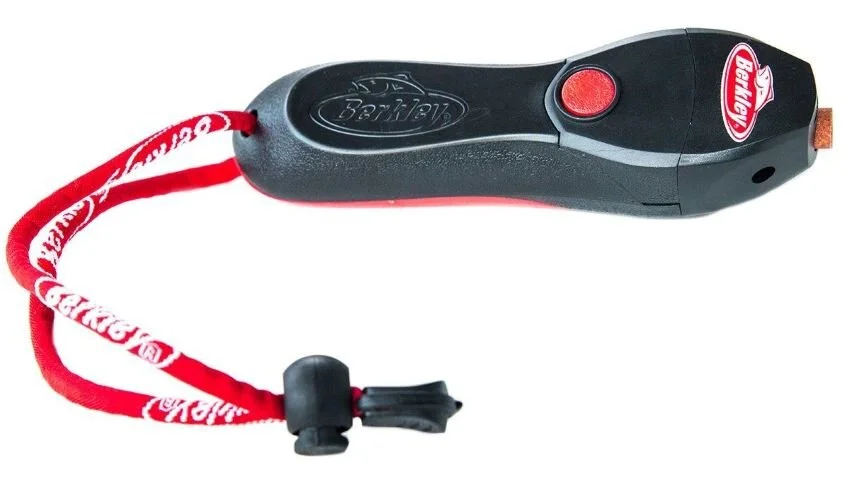Respooling on the Road
Rods and reels certainly matter, but the most meaningful link between you and the fish of a lifetime is a thin strand of fishing line. Whether it’s mono, fluorocarbon, copolymer, braid, or a combination thereof, it’s critical that you make sure it’s perfect. That means fresh, high-quality, and the proper type and strength.
While I don’t respool every combo I use every night like some pros, I prefer to change my heavily-used lines frequently, especially the non-braid varieties. That includes times when I’m on vacation. Even if you don’t think you’ll need to respool while you’re on vacation, it can pay to bring some extra spools – in case the airlines force you to strip line off the reels in your carry-on bags, or you get a “professional overrun” for the record books.
As I’ve already written, there are tools available for tying connection knots and cinching knots down, but what about tools for making line changes more efficiently? For me, it starts with storage. I keep all of my line in a sizeable drawer in my office – a location which is dark and temperature-controlled, which helps preserve it. Do not keep your spools in your vehicle or in your boat for extended periods of time if you live in a place where it gets very hot, very cold or very humid. Obviously, if you’re on the road, you may not be able to avoid that for limited periods, but take pains to minimize their exposure to the elements.
So how do you travel with replacement line and encourage yourself to respool regularly rather than putting it off?
For me, that starts with carrying the right lines. If I’m headed somewhere in my Suburban, I carry a full tackle bag loaded with all of the lines I might possibly need for my destination. If I have bulk spools, that’s what I take because there are no size or weight limitations. The bag I’ve been using for over a decade is a blue Plano version I got at the 2008 Bassmaster Classic. The shoulder strap broke off long ago, but otherwise it’s still perfect for the job.
Additional options you might consider include a simple Rubbermaid storage tote (get an opaque one so your line is not affected by sunlight) or one of the various Spoolin’ Buddy organizers. They come in a variety of sizes, and in addition to helping you carry all of your line, they make spooling it up substantially easier.
If you have the time and don’t want to spend the dough, you might be able to make something comparable on your own.
Another smaller item with a similar basic concept is the Plano Line Spool Box. It is also substantially cheaper.
I have been pleased to see in recent years that bag manufacturers have also gotten in on the line-management game. Bass Mafia came out with a line bag that holds up to ten 300-yard spools, separated by dividers, with grommets allowing you to fill your reels without removing the spools.
The line manufacturers have also entered the game. Sunline has recently introduced a line bag.
They also have terminal pouches that can carry a couple of spools.
Of course, there’s nothing that says the bag has to be labeled as fishing-specific in order to function in this capacity. A small duffel, a lunch tote, or even a large Ziploc bag may be all that you need. Just remember that if you are going to be putting them in checked luggage they should have some protection. If the hard plastic spools get chipped or otherwise broken, that can make respooling difficult or even damage your line during the process. At the very least stuff them in between layers of clothing.
When I’m traveling by plane, I’m also less likely to bring bulk spools and less likely to bring a full range of lines. I typically just bring key types and strengths – for example, on a trip to El Salto, I might bring 17- and 20-pound fluoro or copolymer, and 30- and 50-pound braid. Spools in the 600-1000 yard range aren’t much heavier and don’t take up much more room than filler spools, but use your judgement on what you have room for and what you’re likely to need.
Depending on how many reels you’ll likely need to swap out, a line stripper is another tool that can come in very handy. You can build one out of any cordless drill for home and for traveling by vehicle, but if you’re flying you’ll need something smaller. Berkley makes a small inexpensive one that does the job well. I’ve used the faster saltwater version for years, but it no longer seems to be available.
Rapala also sells one that gets good reviews. It includes a hook sharpener.


